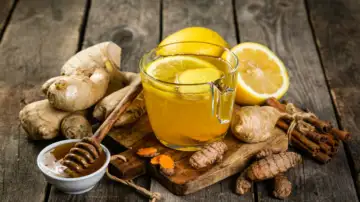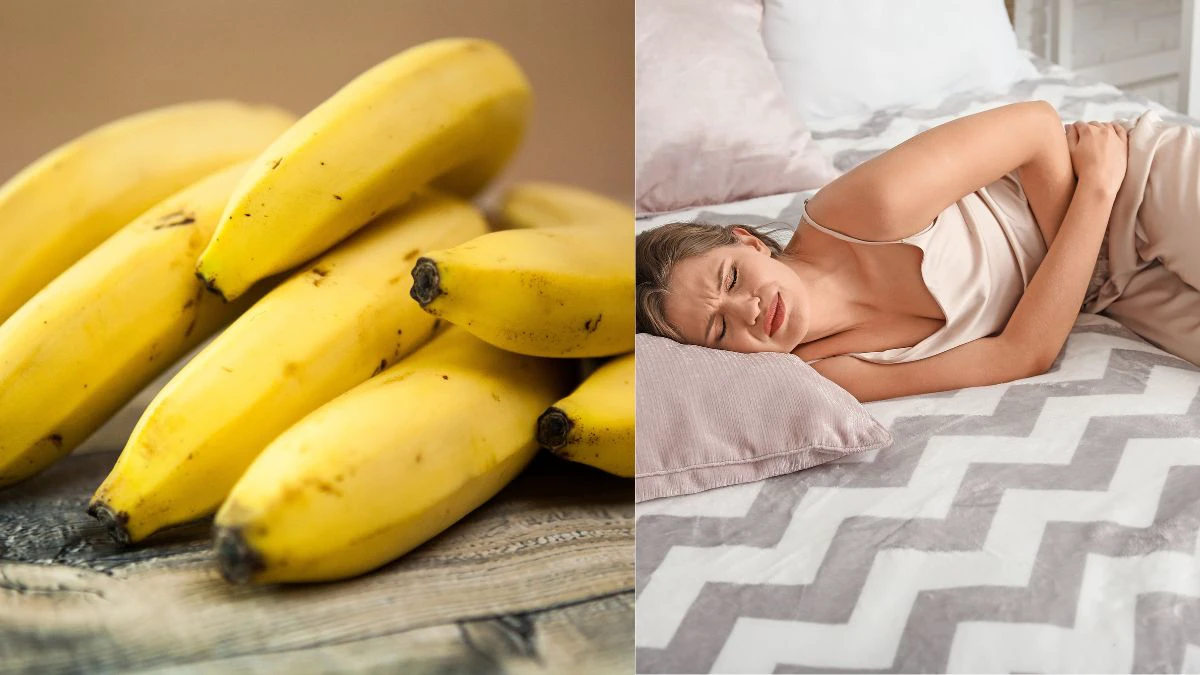Premenstrual syndrome (PMS) is an experience had by nearly every woman at some time in her life, along with a combination of physical and psychological signs that can interfere with daily living.
From bloating, tiredness, and breast soreness to mood swings, headaches, and cramps, such symptoms tend to be from mildly annoying to excruciating. Although some discomfort is normal, painful symptoms may interfere with work, studies, or even menial household chores. Over-the-counter medications are often sought for relief, but food itself may have a crucial part to play in controlling PMS and alleviating period pains naturally.
Doctors and nutritionists concur that foods that are high in vitamins, minerals, and anti-inflammatory compounds can balance hormones, suppress inflammation, and offer relief from the discomfort during this period. Proper hydration, consuming the right type of carbohydrates, and consuming nutrient-dense fruits, vegetables, and herbs can go a long way to minimise cramps and fatigue. Sugar, caffeine, and alcohol, in excess, however, can exacerbate symptoms of PMS. In conversation with The Daily Jagran, Ms. Sweedal Trinidade, Chief Dietitian, P. D. Hinduja Hospital & Medical Research Centre, Mahim, shares the best foods to alleviate PMS symptoms and menstrual cramps naturally and consults with expert advice on how to make your cycle easier.
Does Food Help?
Yes, it does. There is no correlation between the consumption of macronutrients and PMS: protein, fat, carbohydrates, and fibre, compared to the effectiveness of micronutrients, like calcium, magnesium, vitamin D, and B vitamins.
Best Foods To Ease PMS And Cramps
Hydration: Have it chilled or have it Warm, water is the best solution to prevent dehydration, headaches and bloatedness.
Carbohydrate Selection: Carbohydrate selection is critical in women who are more sensitive to changing hormones or neurotransmitter fluctuations. An increase in serotonin associated with tryptophan, preventing a potentially functional deficiency of serotonin in the brain, serves as self-medication.
Fresh Seasonal Fruits: Besides being rich in antioxidants, they also curb sweet cravings, preventing the intake of refined sugar. Bananas are rich in vitamin B6 and potassium, which help in relieving bloatedness and cramps.
Herbs: Green leafy the storehouse of magnesium, reducing fatigue and dizziness.
Ginger And Turmeric: Anti-inflammatory properties help in soothing menstrual pain. Curcumin in turmeric helps in reducing PMS symptoms.

Foods To Ease PMS Symptoms And Menstrual Cramps (Image Credits: Canva)
Micronutrients: Calcium And vitamin D: Studies have shown that vitamin D has a role to play in female reproduction, due to its effects on calcium homeostasis, cyclic sex steroid hormone fluctuations, or neurotransmitter function. Ms. Sweedal Trinidade shares, “It reduces dysmenorrhea, inflammation in women with PMS. Fatty fish like salmon, sardines, flaxseeds, and walnuts can reduce inflammation and ease cramps.”
Magnesium: Magnesium supplementation is effective in preventing dysmenorrhea, PMS, and menstrual migraine when combined with Vitamin B6 B6 can effectively reduce premenstrual stress, and vitamin B6 can even reduce anxiety in older women. Ms. Sweedal Trinidade shares, “Dark chocolate helps to relieve bloating, cramps, and headaches during PMS.” Examples: Dark leafy greens like spinach, nuts like almonds, cashews, and seeds, pumpkin and sesame.
Vitamin B complex: Thiamine (B1), riboflavin (B2), niacin (B3), pyridoxine (B6), folic acid (B9), and cobalamin (B12) are involved in the pathophysiology of PMS due to their crucial role in the synthesis of neurotransmitters. High intake of thiamine and riboflavin from food sources lowers the risk of PMS.
Foods To Avoid
A diet loaded with sugars, fats, caffeine, and alcohol correlates positively with the development of PMS.
Sugar And Salt: High sugar and salt intake cause water retention and more bloating. Also, simple sugar triggers an increase in blood sugar levels and a sudden drop with an energy crash. Increased inflammatory response may aggravate cramps.
Alcohol: Studies have shown that the intoxication threshold for women is less compared to men. Alcohol acts like a diuretic that causes further dehydration, worsening headache.
Coffee Consumption: Coffee consumption further aggravates anxiety levels, headaches and makes menstrual cramps worse.
